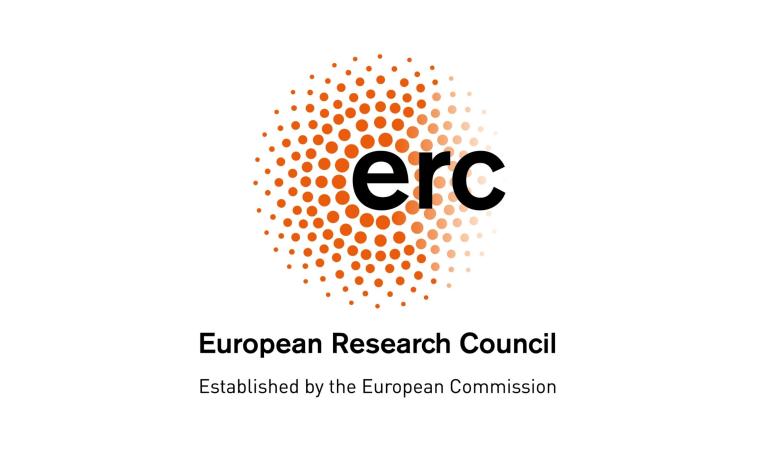Statement by the ERC Scientific Council on the conclusion of the Horizon Europe negotiations

We are pleased that the European leaders have succeeded in reaching an agreement on the EU’s long-term budget and the Next Generation EU package. This is vital for Europe to recover after the pandemic and to thrive in the years to come.
The cut to Horizon Europe, the next EU programme for research and innovation, of more than 15% agreed by national leaders at the July European Council was a major blow. It is very hard for us to grasp in view of the EU’s stated political priorities, all of which rely heavily on research and innovation. The crucial role of science in helping to address challenges faced by society is today clearer than ever in the light of the pandemic we are still living through.
The reaction against the proposed cuts from many sectors has been remarkable. We would like to pay tribute to the European Parliament and the scientific community for their tireless efforts. We are heartened by the stand they have taken to back science properly through the Horizon Europe programme, and more specifically frontier research. It was extremely encouraging to see the mobilisation of young researchers. This bodes well for the future.
The deal reached in the 10 November trilogue between the EU institutions (completed on 10 December for Horizon Europe) means that the damage done to research and innovation at the July European Council has been partially repaired, with EUR 4 billion finally added to the Horizon Europe budget (of which EUR 1 billion will support the European Research Council). This is certainly good news, even though we still consider that more ambitious investments in research were necessary. Commissioner Gabriel is to be thanked for her support in the endeavour to have a significant share going to the ERC.
The ERC Scientific Council is also pleased to see that its appeal for continuity in the ERC functioning and governance and for a new agility given to the programme has been taken up by decision-makers in the Horizon Europe legislation. The confirmation of the ERC Executive Agency as its specific implementation structure is also most welcome. We thank the Commission and its Director General in charge of research for their support in achieving this.
It is very positive for the ERC future running that, thanks to the intervention of several stakeholders, the Horizon Europe legislation stipulates that the distribution of the financial contribution of associated countries will reflect their performance in a given programme, therefore respecting adequately the pay-as-you-go principle.
The future of the ERC is actually linked to what happens at national level. In many EU countries we presently see a very worrying trend away from investment into frontier research. This may mean that the ERC will face an ever increasing demand for funding from researchers. With a limited budget, this can create adverse conditions for the development of the ERC.
The Next Generation EU package offers means to countries to recover from the crisis created by the pandemic. We urge governments to seize this opportunity to secure funds to support researchers. In recent years the ERC identified a number of truly excellent research projects that it could not support by lack of funds. So in Europe talent is not what is lacking.
We will continue to speak up for frontier research and the principle of selecting projects proposed by researchers in a strict bottom-up way on the basis of their scientific potential. High-risk/high-gain research remains a critical route for disruptive innovation and societal progress in Europe.

